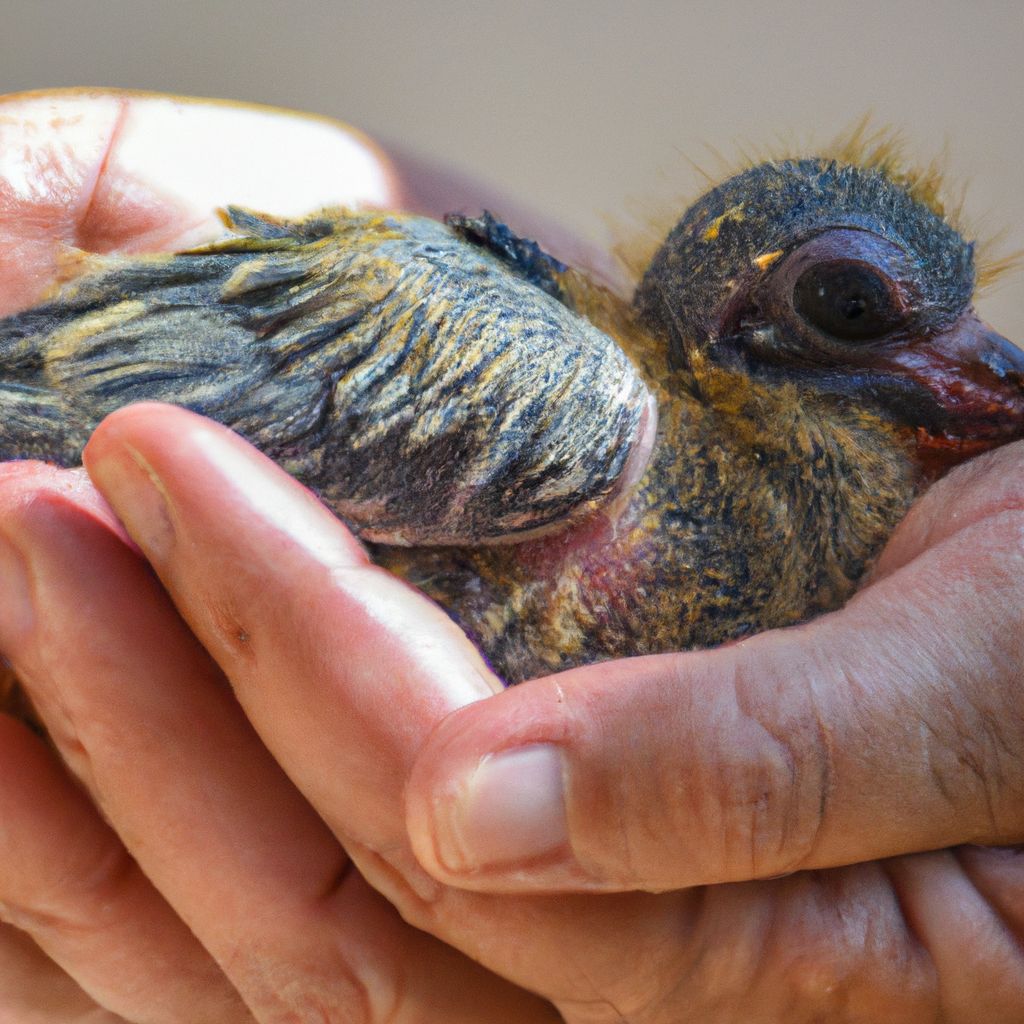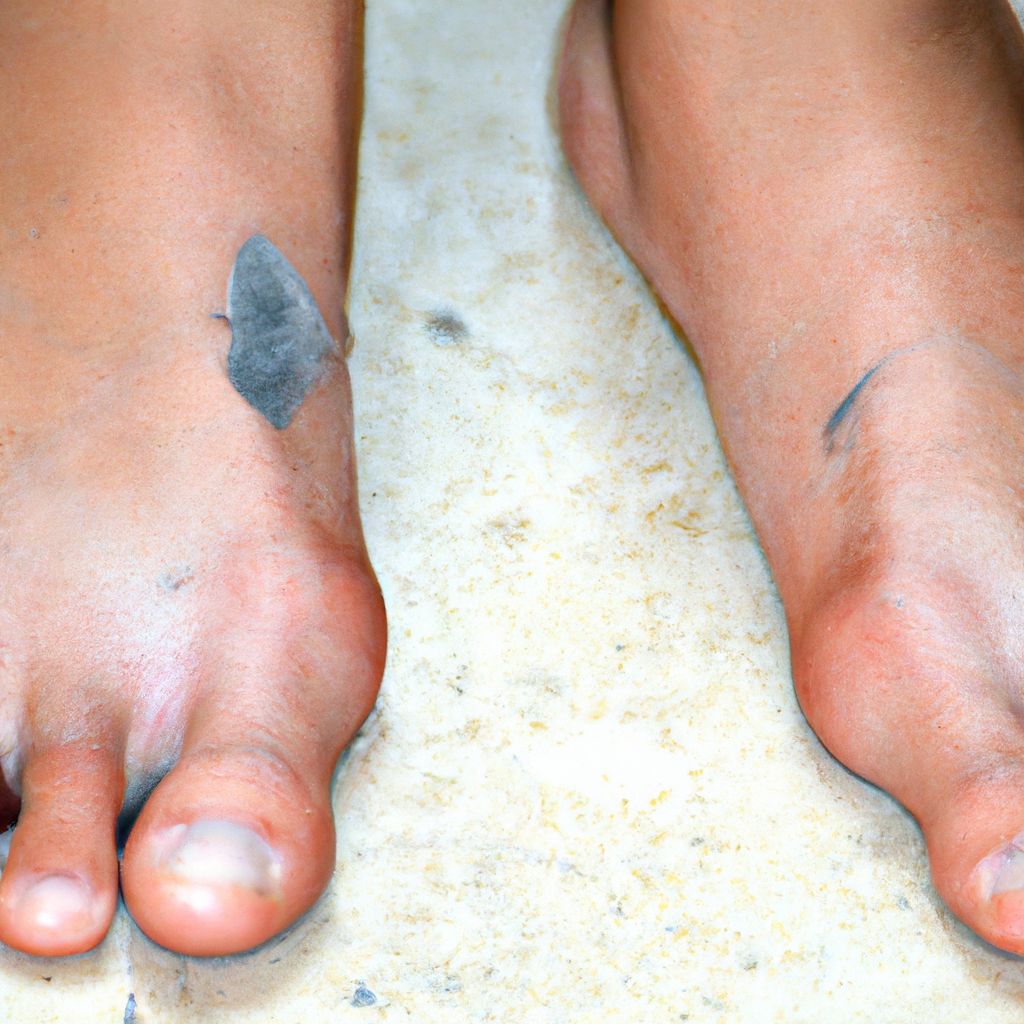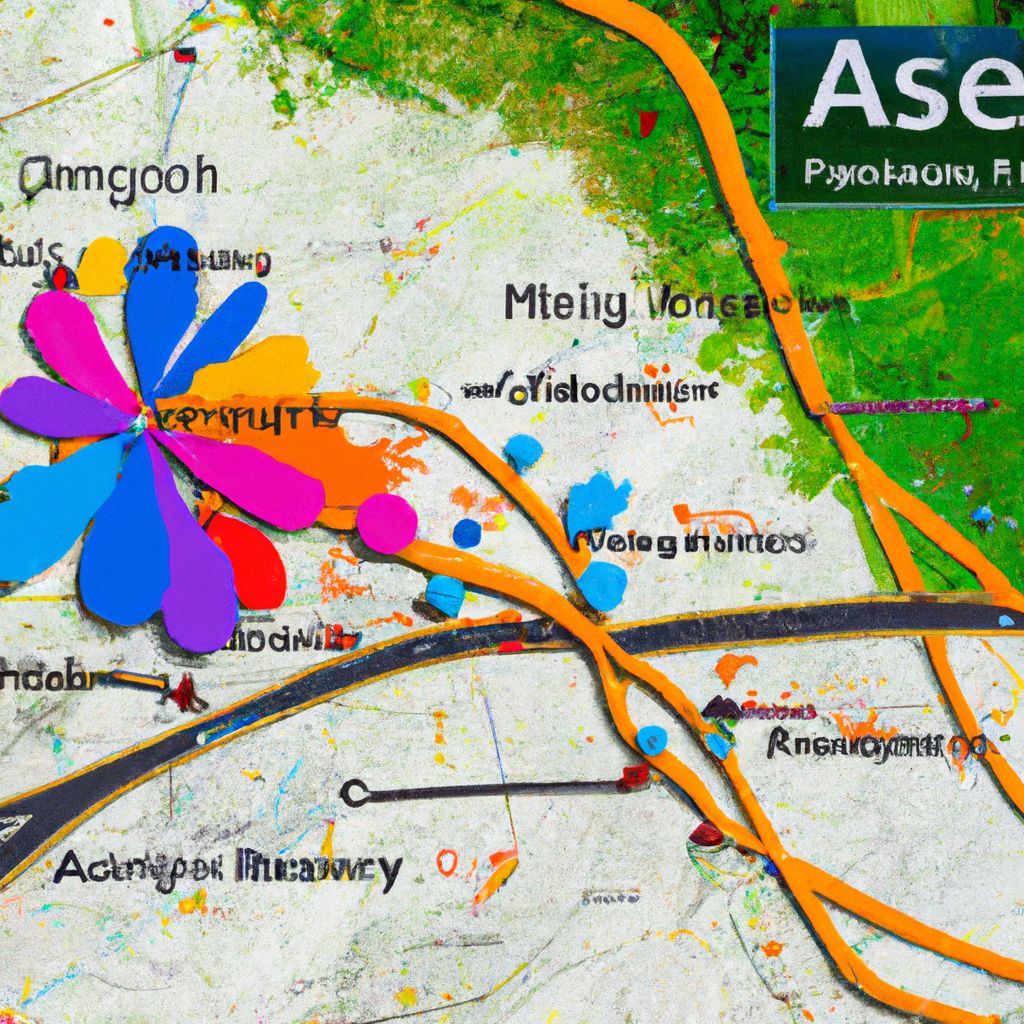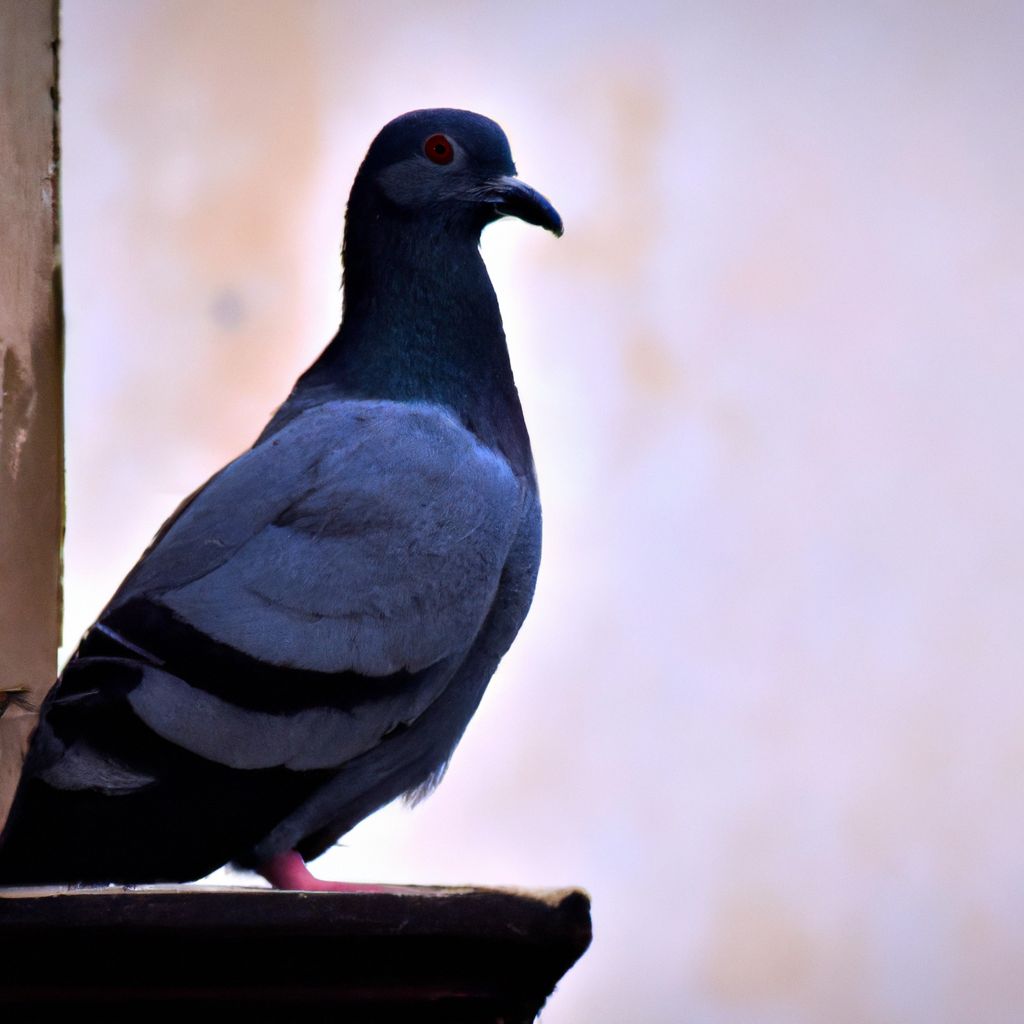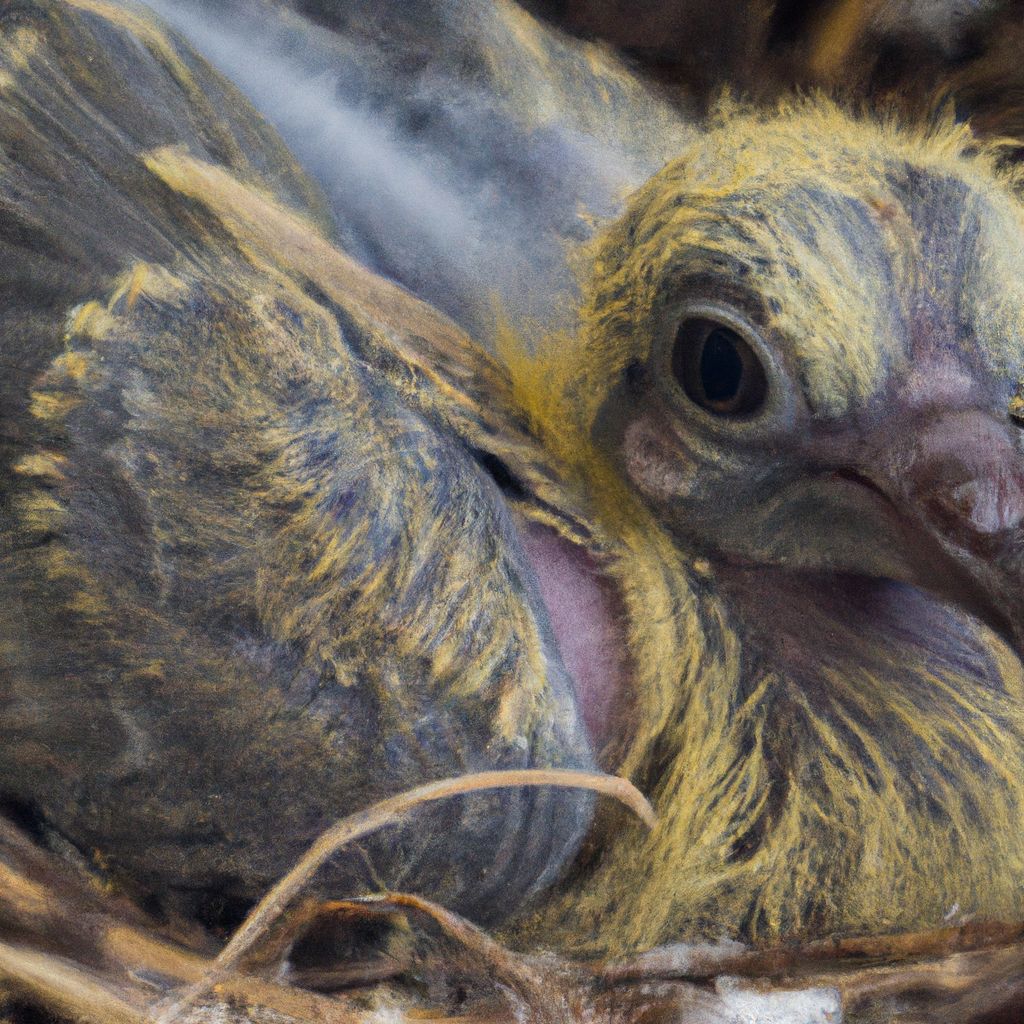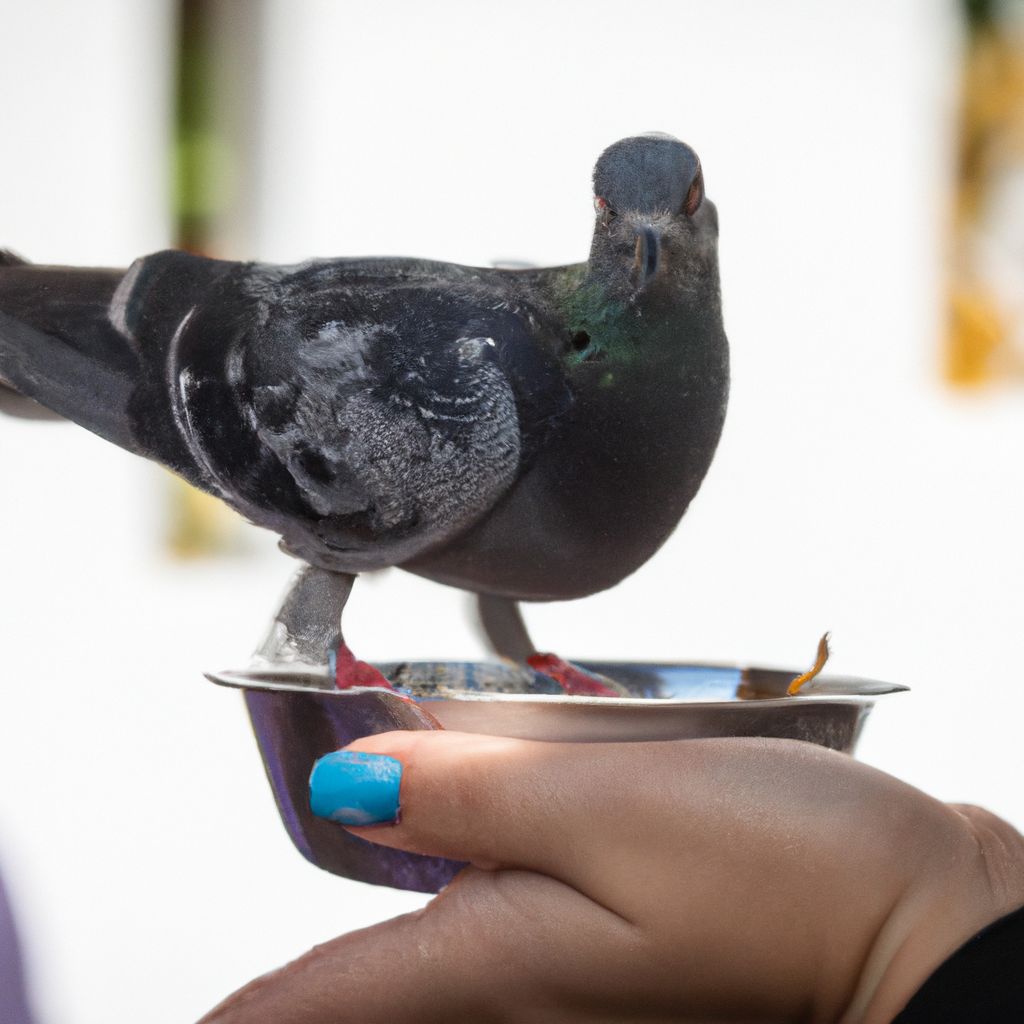Key Takeaway: Pigeon Forge TN and Gatlinburg TN are located in close proximity to each other, making it convenient to explore both cities. There are multiple routes and scenic drives available to travel between Pigeon Forge and Gatlinburg, allowing for a diverse and enjoyable travel experience. Both cities offer a wide range of attractions, activities
Archivio Autore: kira Alyona
Key Takeaways: Proper care is crucial for the healthy development of a baby pigeon. Understanding the appearance, growth stages, and abilities of a baby pigeon is important for providing appropriate care. Feeding a baby pigeon requires recommended feeding options, preparation of pigeon hatchling formula, and following proper feeding techniques. Providing warmth and shelter in a
Key takeaway: Pigeon Forge, Tennessee is a year-round vacation destination with a variety of attractions and activities. The scenic drive from Pigeon Forge to Gatlinburg along the Parkway TN71S/US441S offers beautiful views and opportunities for wildlife sightings. When planning a trip to Pigeon Forge, it is helpful to gather insider tips and join the community
Key takeaway: Pigeon-toed, also known as in-toeing, is a condition where the toes point inward instead of straight ahead. The main causes of pigeon-toed condition include metatarsus adductus (bend in the middle of the foot), tibial torsion (twisting of the shinbone), and femoral anteversion (angled thigh bone). Symptoms of pigeon toes may include a C-shaped
Key Takeaways: The driving distance between Asheville and Pigeon Forge is approximately 96 miles, taking the I-40 route. It takes around 1 hour and 50 minutes of non-stop driving to reach Pigeon Forge from Asheville using the fastest route. The halfway point between the two cities is Hartford, TN, and they are both in the
Key takeaways: The spiritual meaning of encountering a pigeon signifies a connection to higher realms and the universe. Pigeons can be seen as messengers from the universe and angels, bringing spiritual communication and divine inspiration. Pigeons symbolize loyalty, productivity, nurturing, and higher perception, indicating the presence of a guardian angel. White pigeons represent peace, love
Example 4: Key Takeaway: Pigeon Forge got its name from the Little Pigeon River and a significant iron forge that operated in the area. The name “Pigeon Forge” reflects the historical significance of both the forge and the river. Today, Pigeon Forge is a popular tourist destination known for its attractions and accommodations, while also
Key Takeaways: Baby pigeons, also known as squabs, are born bald, blind, and pink, relying on their parents for care and feeding. As they grow, baby pigeons develop feathers, progressing from a pink color to unique color patterns and markings as they enter the juvenile stage. In the transition to adulthood, baby pigeons acquire fully
Key Takeaways: Proper care for injured pigeons is crucial for their recovery and well-being. Recognizing an injured pigeon and handling it safely is important to prevent further harm. When feeding injured pigeons, it is essential to understand their nutritional needs and provide suitable food options. Introduction Photo Credits: Chipperbirds.Com by Bobby Walker Pigeons are vulnerable
Key Takeaways: Sevierville, TN and Pigeon Forge, TN are both popular destinations in Tennessee, known for their attractions and activities. Sevierville is located near other cities in Tennessee and offers a wide range of shopping and dining options for visitors. The distance between Sevierville and Pigeon Forge can be covered by a short drive, making


